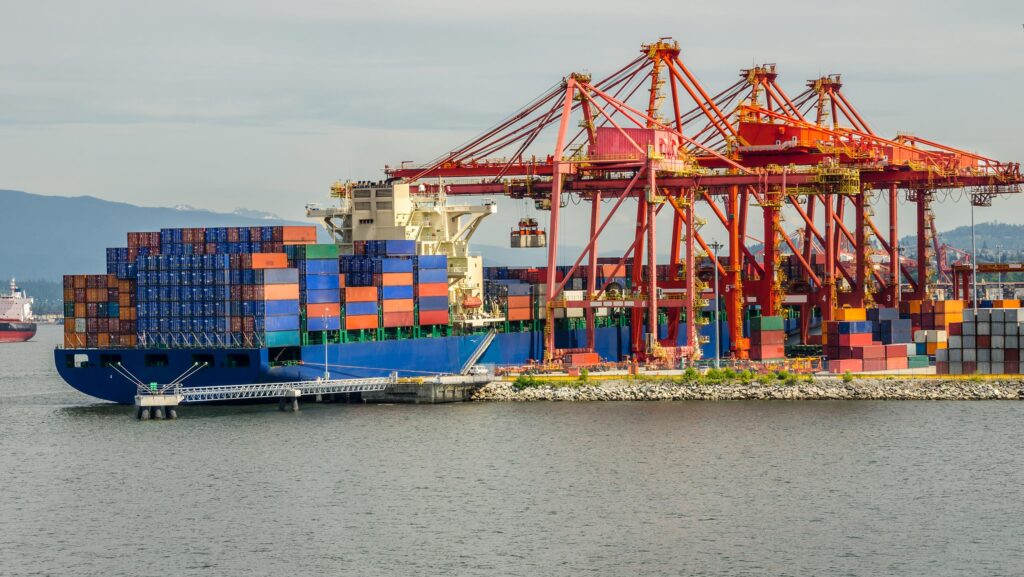US tariff fallout hits global commodity markets
 © Adobe Stock
© Adobe Stock Financial markets and agricultural commodity prices have reacted sharply to the introduction of hefty tariffs by the US on goods from Canada, Mexico, and China.
US trade tariffs on the EU also appear increasingly likely and there are some concerns that the UK may end up being affected, too.
US president Donald Trump told the BBC that he believes a deal with the UK “could be worked out” to avoid tariffs, but added that tariffs on EU products “would definitely happen”.
See also: Farmers reluctant to sell as wheat prices fall to £176/t
UK dairy exports were previously hit by US tariffs in 2019 during President Trump’s first term in office, and milk processors have voiced concerns about potential future disruption to trade.
The global oilseeds sector will be one of the worst hit by tariffs, with Canada being the world’s largest exporter of canola products, and the US being Canada’s largest export destination for it.
Rapeseed prices have eased back during the past fortnight as Canada looks to export to other destinations and add greater supplies to international markets.
Paris rapeseed futures opened at €511.75/t (£430/t) on 3 February, down by €33/t (£27.70/t) since peaking in mid-January, while Canadian canola futures were also trading lower.
Analysts at the AHDB say the tariffs on Canadian canola oil and meal, plus crude oil imports, could continue to pressure rapeseed prices in the short term.
Pork
The pork sector is also due to be hit, with Canada typically exporting more than 300,000t of pork each year, with the US accounting for about 21% of total Canadian pork exports.
Rick Prejet, Canadian pig producer and chairman of Manitoba Pork, said tariffs would have a very significant impact on what Canadian farmers receive for pigs.
Mr Prejet added that roughly 40% of pigs from the Manitou region are exported to the US.
Retaliatory tariffs
Canada, Mexico, and China have all responded by placing retaliatory tariffs on US products.
Canadian minister of finance and intergovernmental affairs Dominic LeBlanc said: “This first set of countermeasures is about protecting – and supporting – Canada’s interests, workers, and industries.
“These US tariffs are plainly unjustified. They are detrimental to both American and Canadian families and businesses.”
Exports to the US account for 20% of Canada’s GDP, according to Canadian Manufacturers & Exporters (CME).
CME president Dennis Darby said tariffs would have a devastating impact and called on government to implement relief measures to stabilise businesses and protect jobs.
EU fertiliser tariff
The European Commission confirmed on 28 January plans to impose a tariff on certain fertilisers from Russia and Belarus.
EU trade commissioner Maros Sefcovic said: “These tariffs are carefully calibrated to serve multiple goals.
“We aim to weaken further Russia’s war economy, while reducing EU dependencies, supporting our industry, and preserving global food security.
“We will take every step necessary to protect our fertilisers industry and farmers.”
The announcement was welcomed by the Ukrainian Agri Council.
Its chairman Andrii Dykun said: “Russia continues to use food security as a political instrument and makes the European Union vulnerable to potential coercive actions by the Russian Federation.”
